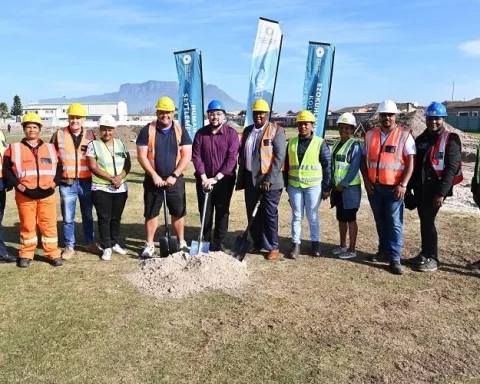South Africa and Lesotho are taking steps to improve their already strong relationship by working to speed up disbursement of funds to Basotho former mine workers. This issue is of significant concern within the Southern African Development Community (SADC), and both countries are committed to creating mechanisms to efficiently channel compensation to rightful recipients.
Collaborative Efforts to Identify Beneficiaries
In order to hasten the payment process, the Department of Employment and Labor will collaborate with the Department of Health and Department of Mineral Resources and Energy to identify beneficiaries. This will address the issue of compensating ex-mine workers who are owed by mining companies and many of whom are injured.
Strengthening Ties Through Learning and Cooperation
Lesotho’s Minister of Foreign Affairs and International Relations, Mpotjoana Lejone, recently visited South Africa, providing an opportunity for both countries to strengthen their ties and learn from each other’s experiences. The delegation from Lesotho also met with the Compensation Fund, the Unemployment Insurance Fund, National Economic Development and Labour Council (NEDLAC), and the Commission for Conciliation, Mediation, and Arbitration (CCMA).
Tailored Migration Policies for Each Context
The complex issue of labor migration requires cooperation, as acknowledged by both ministers. South Africa’s Employment and Labor Minister, T.W Nxesi, emphasized the importance of bilateral relations with Lesotho and recognized the significant role that Basotho have played in South Africa’s development and history. Therefore, migration policy must be tailored to suit each context, with approaches differing from one SADC country to another.
Exploring Collaborative Projects
Updating Memoranda of Understanding to align with new developments was also discussed. South Africa has a substantial stake in the Highlands Water Project, and both countries are exploring additional collaborative projects in agriculture, energy production, and exploration. These joint efforts aim to alleviate unemployment and minimize unnecessary migration between the two nations.
Legal Extension for Basotho Workers in South Africa
Remittances account for 15% of Lesotho’s GDP, and while Basotho workers have endured the hardships of diseases and injuries, their contributions have also benefited Lesotho’s economy. The Lesotho government supports legal migration but condemns illegal mining practices. As the Lesotho Special Permit dispensation is set to expire in December, Lejone expressed hope for the legal extension of Basotho workers’ stay in South Africa.
A Spirit of Cooperation and Mutual Commitment
In September 2023, Lesotho plans to hold a dialogue with a South African delegation to share best practices on expediting benefit payments to ex-mineworkers. This initiative demonstrates a cooperative spirit and a mutual commitment to enhancing the lives of the people in both countries. The strengthened relationship between South Africa and Lesotho serves as a testament to the power of collaboration and the potential for positive change in the region.








